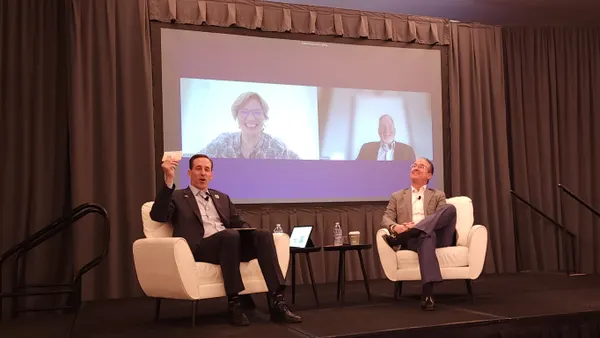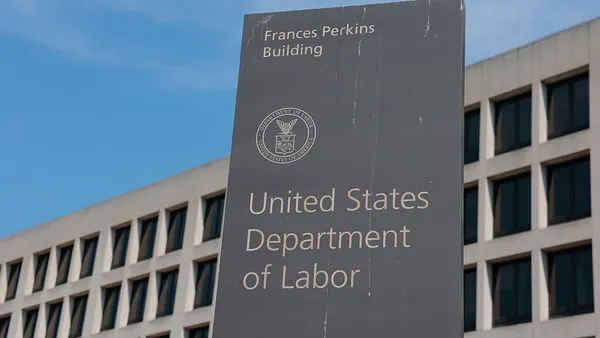President Donald Trump’s sweeping tax cut and spending package is in the final stages of debate as members of the House squabble over the Senate’s version and look to pass it by the Fourth of July holiday.
At the center of Trump’s One Big Beautiful Bill Act is an extension of the 2017 Tax Cuts and Jobs Act, which has provisions that already expired or are set to expire by the end of 2025. The current proposal, which narrowly squeaked through the Senate on Tuesday after Vice President J.D. Vance cast the tie-breaking vote, would keep tax brackets in place for individuals and businesses and ease financing for growing businesses.
Opponents have pushed back on the legislation’s cuts to non-military government programs like SNAP and Medicaid, as well as for curtailing certain clean-energy tax credits. The disagreements could delay when the bill is signed into law.
National Association of Manufacturers President and CEO Jay Timmons has been a staunch supporter of the proposed bill for its tax code and new provisions to support continued investment in the United States.
“We call on our partners in the House to send this bill to the president’s desk — the strongest tax bill for manufacturers we have seen in a generation,” Timmons said in a statement Tuesday.
More than 300 manufacturing businesses and advocacy groups across the country signed a letter this week pressuring Congress to pass the legislation.
Here are some of the highlights that would affect manufacturers:
-
Permanently extends the 20% pass-through deduction and preserves the TCJA’s individual tax rates.
-
Expands and makes permanent the TCJA’s estate tax exemption.
-
Permanently restores expensing for research and development and capital equipment purchases, as well as the interest deductibility standard.
-
Preserves the 21% corporate tax rate.
-
Upholds the TCJA’s international tax system by making the FDII, GILTI and BEAT provisions permanent.
-
Creates a new deduction allowing companies to expense the cost of new factories and improvements to existing facilities.
-
Increases the Section 48D advanced manufacturing investment credit.














